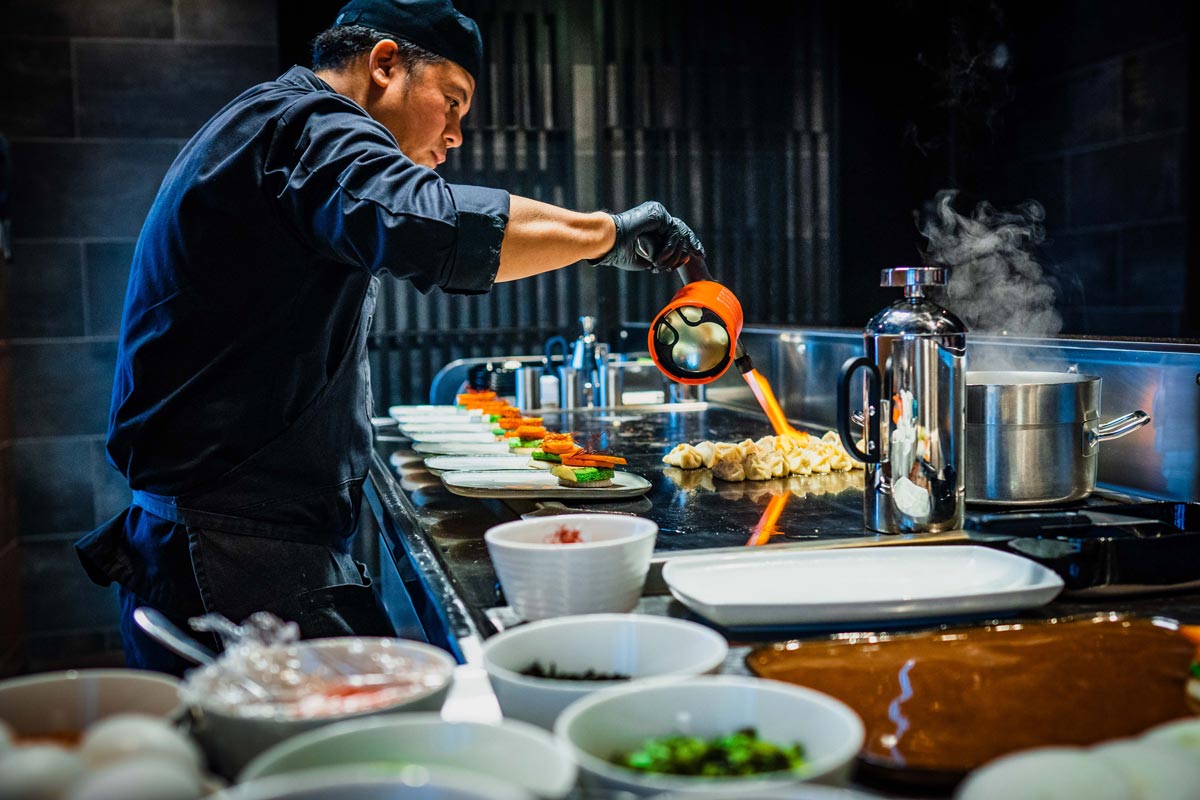As many other sectors, the travel and tourism industries faced great challenges following the 2019/20 Covid-19 pandemic, with lockdowns and border closures bringing travel to a halt. With the likely prolongation of social distancing measures and increasing health consciousness, service firms may need to reduce the amount of direct interactions between customers and frontline staff, encouraging the use of innovative solutions. In this regard, the purpose of this study was to explore ways in which emerging technologies, especially automated systems like Chatbots may complement personal interactions during travel, focusing on certain key characteristics of Chatbots that may help or hinder adoption by tourists.
Automation systems and Chatbots can provide various benefits for organizations, yet firms are often reluctant to move in this direction given the potentially negative consequences in terms of customer experience and satisfaction. However, some travel companies have affirmed that the Chatbots are getting more and more popular among the customers. For instance, Skyscanner, affirmed that 69% of the customers preferred Chatbots for quick communication with the brand and KLM also saw a 40% increase of customer interactions through its Facebook Messenger channel. Our results highlight that the habit of using such services strongly influences the Chatbots use intention, and it’s even more significant when tourists have experienced a lockdown. In addition, more than 1.6 billion people are using messaging apps and they would like to talk to Chatbots as they are already habituated to this type of communication.
We argue that the social distancing measures will likely to remain in place for the foreseeable future, and tourists are becoming increasingly concerned about their health and safety when traveling. Our results suggest that the intention to use Chatbots during the travel stage is very significant for the health conscious travellers. Therefore, tourism and hospitality firms may use Chatbots in order to interact with the customers. Our findings also suggest that the firms should communicate properly to their customers about the reasons of Chatbots and position their Chatbot option as a safe and healthy one.
When it comes to the Chatbot design, our study suggests that tourism and hospitality firms should ensure the productivity (fast, ease of use and convenient) of the Chatbots and it should be fun to use them. In addition, from a service industry standpoint, tourism and hospitality chatbots should integrate the social presence although this factor has little significance according to our study.
Note: The original research shoud be cited as follow:
Hasan, R, Koles, B, Zaman, M & Paul, J (2021), ‘The potential of chatbots in travel & tourism services in the context of social distancing’, International Journal of Technology Intelligence and Planning, (In press).





